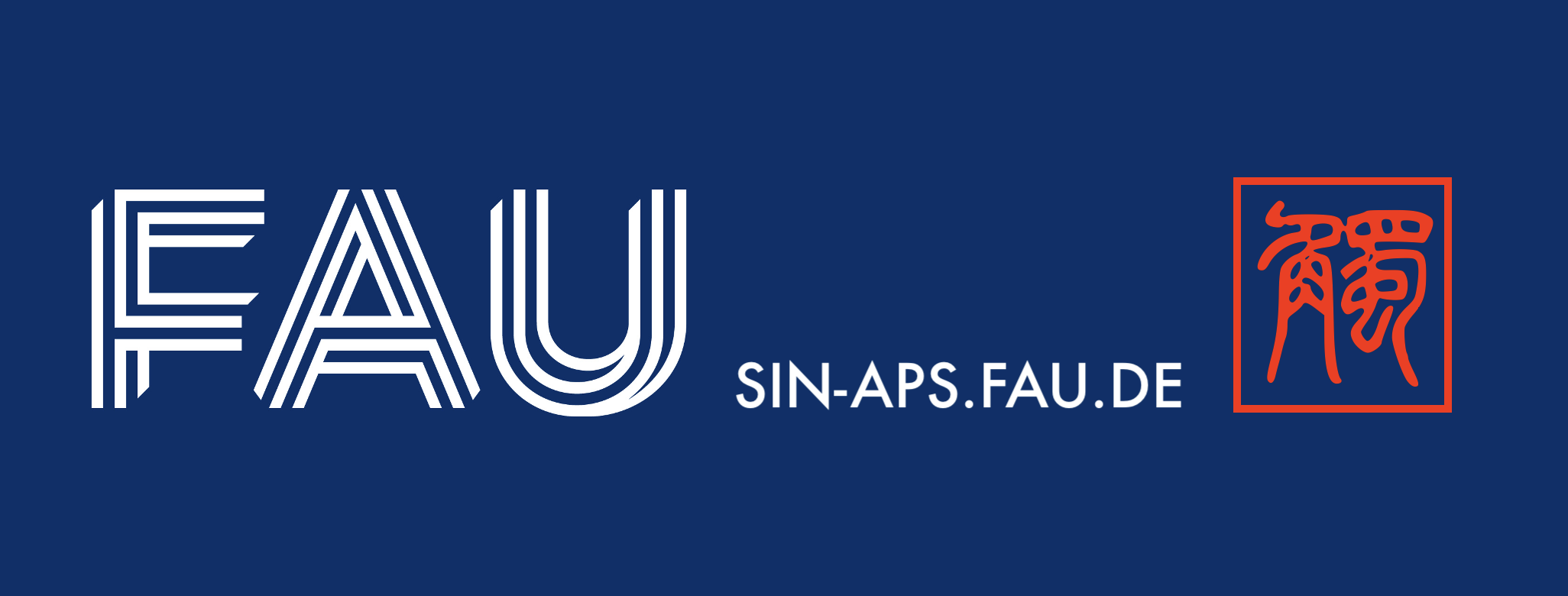Call for Papers: Conceptual Engineering in the World History of Mathematics
Conceptual Engineering in the World History of Mathematics. New Approaches to Pre-Modern Science
2–3 December 2025 @FAU (Friedrich-Alexander-Universität Erlangen-Nürnberg), Germany
Organizers: Prof. Dr. Andrea Bréard, Ruqing Fei, Eva Henke, and Florian Keßler
As KITCHER (1984, 168) has observed, “One of the principal obstacles to a satisfactory account of scientific knowledge has been the difficulty of understanding conceptual change in science”. Since conceptual change doesn’t happen by itself but is driven by humans, this raises the fundamental question: how consciously did they shape concepts as creative agents? Did they react to perceived flaws or gaps? What did they do to create, revise and implement concepts? On a more meta-level, we can also ask whether historians of mathematics create or redefine mathematical concepts. For example, when tracing the development of a mathematical theory or comparing texts from different places, historians need to do justice to a wide range of practices. This may require them to adjust concepts like “negative number”, “proof” or “abstraction”.
In recent years such conscious efforts to devise and revise concepts have been discussed under the title of “conceptual engineering”. Following CHALMERS (2020, 14), we can understand conceptual engineering as a process consisting of the design, evaluation and implementation of concepts. Design can mean for example giving a definition or paradigm cases either for a new concept or for an old concept which is understood in a new way. After the merits and disadvantages of the new concept are evaluated further adjustments may be made. To implement a concept means to use it and potentially, to make others use it as well.
In this workshop, we will approach the global pre-modern history of mathematical concepts in this new light.
Questions of interest for the workshop include, but are not limited to:
- In which ways have mathematical concepts been designed and implemented? Were there conscious efforts at definition or a reliance on an implicit understanding? Were concepts implemented overtly by linguistic means, i.e. by coining a term for them, or through material practices and devices like diagrams and counting rods?
- Which theoretical needs did new concepts fulfill? How can we assess the stages before the conscious implementation of a concept? How can we study group efforts in designing new concepts, especially when they are not (fully) verbalized?
- Which practical or cultural needs did a new concept fulfill? For example, did it facilitate applications or help to connect mathematics to philosophical theories?
- How did actors integrate concepts from other mathematical cultures into their own frameworks? What problems did they perceive and how did they re-design the concepts to adjust them to their cultural norms?
- How did mathematicians change concepts inherited from their predecessors (for example when writing commentaries)? Which evaluative factors played a role? Were they consciously re-shaping them or were they unaware of the differences?
- How can we reconstruct practitioners’ evaluation and reinterpretation of certain concepts, as reflected in their modifications of the corresponding terms?
- Which intra- and extra-mathematical mechanisms did actors employ to ensure concepts were used by others in the ways they intended? How successful were they in implementing concepts into wider culture? Which role did terms taken from general language discourse play, and which considerations may have motivated the choice of certain terms?
- When does it make sense for historians of mathematics to engineer concepts not directly derived from the historical sources? How can such newly engineered concepts do justice to historical frameworks?
- Do recent advancements in artificial intelligence enable computers to construct concepts in historic mathematics in a meaningful way? Or are they limited to applying concepts designed by human researchers?
We wholeheartedly welcome contributions offering perspectives on concepts within the above framework! If you want to distribute the Call to interested candidates, you can use the pdf here.
Submission Guidelines:
- Abstract approx. 500 words
- A recent Curriculum Vitae
- Language: English
- Format: PDF
- Deadline: July 31st, 2025
- Please send your submissions and any inquiries to the following address: workshop-math-concepts@fau.de
Successful applicants will be notified by the end of July. Participants are expected to send in an unpublished paper draft by the end of October 2025, since we will have discussion and reading groups based on participants’ submissions and envision a publication after the workshop.
The workshop is financially supported by funds from the Alexander von Humboldt Professorship (Prof. Dr. Andrea Bréard). Travel and accommodation costs for participants will be covered.
Works cited:
- CHALMERS, David J. 2020. “What is conceptual engineering and what should it be?”. Inquiry, 1–18, https://doi.org/10.1080/0020174X.2020.1817141 (access on Feb. 2, 2025).
- KITCHER, Philip. 1984. The Nature of Mathematical Knowledge. New York & Oxford: Oxford University Press.

